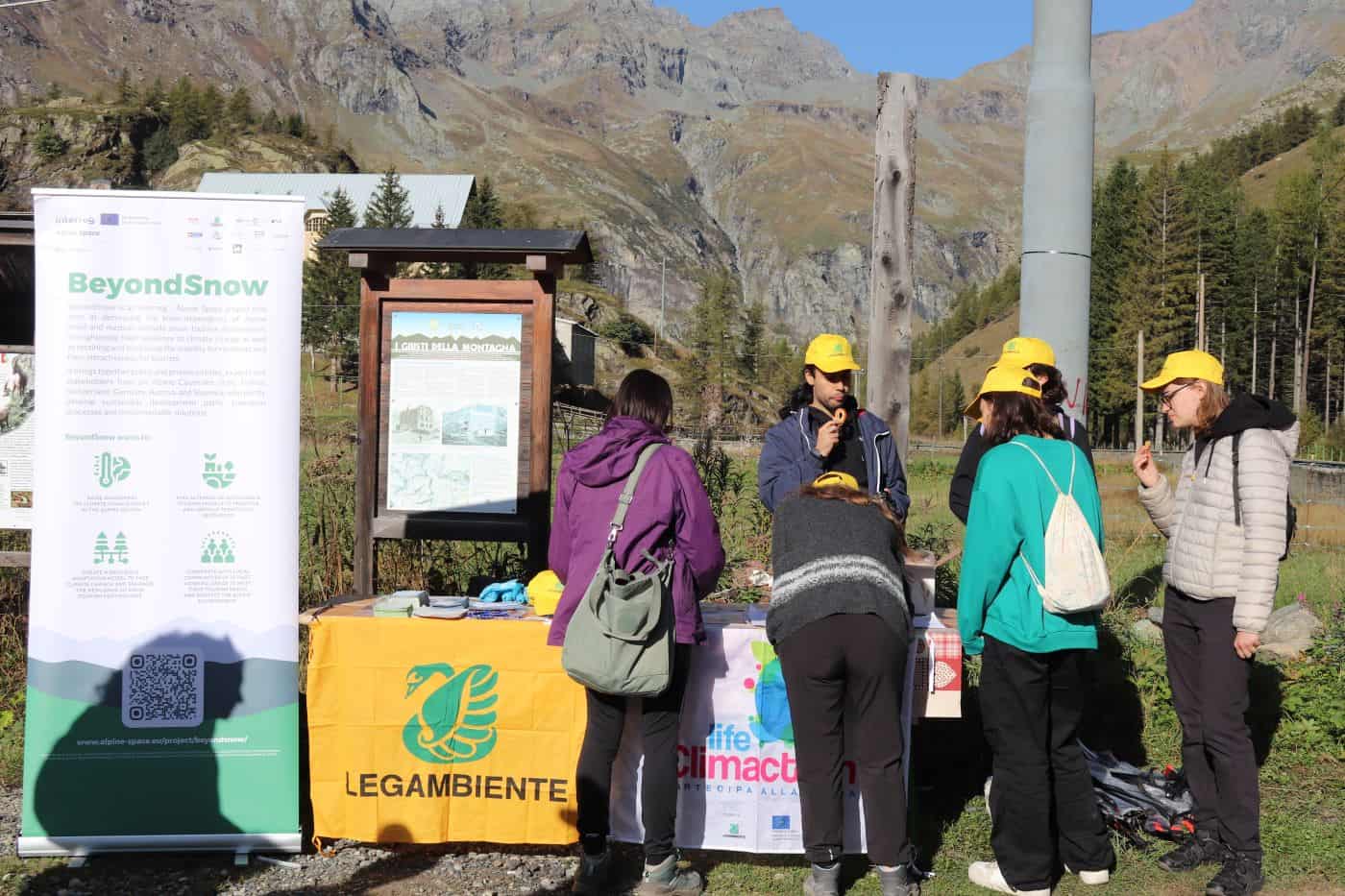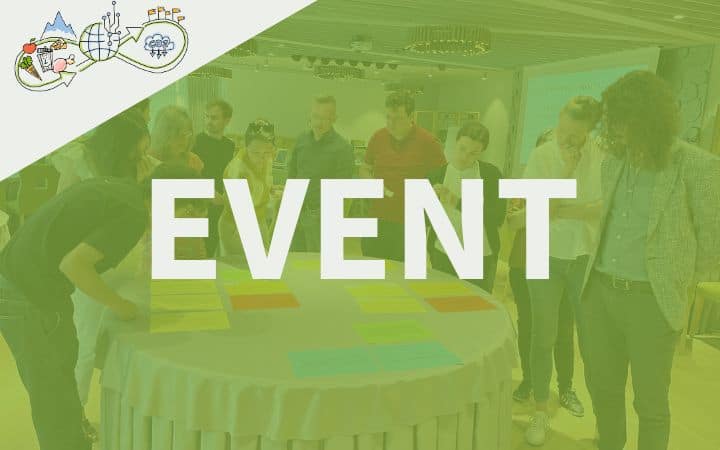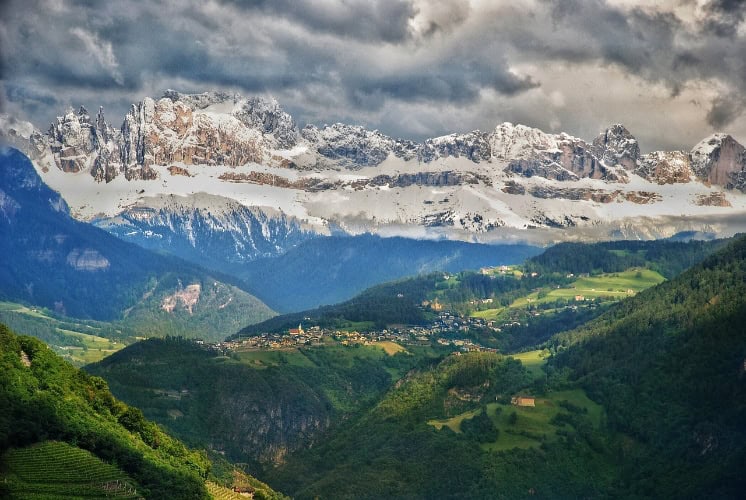This website uses Google Analytics, a web analytics service provided by Google Inc., 1600 Amphitheater Parkway, Mountain View, CA 94043, USA (“Google”). Google Analytics uses so-called “cookies”, text files that are stored on your computer and allow an analysis of your use of the website. We process your data based on our overriding legitimate interest to provide easy-to-use website access statistics in a cost-effective manner (Article 6 (1) (f) of the EU General Data Protection Regulation).
The information generated by the cookie about your use of this website (including your IP address and the URLs of the web pages accessed) is transmitted to Google’s servers in the USA and stored there. We do not store any of your data collected in connection with Google Analytics.
This website uses the possibility of IP anonymisation provided by Google Analytics. Your IP address will therefore be shortened / anonymized by Google as soon as Google receives your IP address. Google will use this information on our behalf to evaluate your use of the website to provide reports on website activity and internet related services. The IP address provided by Google Analytics within the framework of Google Analytics will not be merged with other data by Google.
You can prevent the storage of cookies by a corresponding setting of your browser software. We point out, however, that in this case you may not be able to use all the functions of this website to the full extent. You can also prevent Google from collecting your data in connection with Google Analytics by downloading and installing the browser plug-in available at the following link: http://tools.google.com/dlpage/gaoptout?hl=en.
For more information about Google’s Terms of Use and Google’s Privacy Policy, please visit http://www.google.com/analytics/terms/en.html or https://www.google.at/intl/at/policies/.
Please enable Strictly Necessary Cookies first so that we can save your preferences!







